A rebound relationship can simply be defined as a relationship that happens very quickly after a breakup. In such relationships, a person tries to nurture the same feelings that they had for their ex. This starts very well initially, but because the feelings are forced, artificial and superficial, gradually a rebound relationship phases out.
Most people take considerable time to bond with someone, it is but only natural that detachment also takes some time. Rebound relationships too follow phases or stages, and in a typical rebound, they can be considered quite predictable.
The concept of a rebound relationship generally arises from the emotional insecurity triggered in a person after a painful breakup. People also feel the need to distract themselves from the hurt and jump into a rebound relationship. Sure, rebounds can provide a welcome distraction from the gut-wrenching grief that comes with the end of a relationship.
But are they really a healthier alternative to going through the five stages of post-break-up recovery? And are such relationships sustainable? Let’s explore the different rebound relationship stages to find the answers with the help of consultant psychologist Jaseena Backer (MS Psychology), who is a gender and relationship management expert.
The Rebound Relationship Psychology
Table of Contents
To understand rebound relationship psychology, you first need to understand the meaning of rebound relationships. Sometimes when a long-term, serious or committed relationship breaks, people get entangled in a temporary transient relationship to basically find themselves again.
Rebound relationship time frame is generally not long-term, it typically lasts at most a year, though cracks start showing very early on. Rebound relationship psychology is one-directional. It is about self-healing. When people cannot get over their ex, when they cannot stop feeling sorry for themselves, when they want someone to make them feel something again, then they get into these relationships with the nearest, eager, preferably younger person for a while.
Using rebounds as a replacement for love is very common in the fast, modern life today where we don’t have the time or energy to heal on our own. A study into rebound relationship psychology suggests that this approach may have its share of benefits too.
This empirical investigation into the reasons and impact of rebounds found that people in new relationships are more likely to be confident about their desirability and may be better equipped to get over the breakup and their exes. These findings indicate that rebound relationships can be more helpful than typically believed. That is, of course, if the intent of the relationship has been clearly conveyed to the new partner and everyone involved is on the same page about and comfortable with its nature.
Stages Of A Rebound Relationship
Rebound relationships stereotypically, but not strictly follow, a certain trajectory to its ultimate destination: the breakup. Here we’ve tried breaking it down into stages so that one can identify where they stand. There may be some differences in the rebound relationship stages for the dumper and the one who has been dumped. However, largely, both go through similar motions of attraction, excitement, emotional withdrawal, and disillusionment.
Understanding the rebound relationship timeline and stages is important as these connections are almost never fair on the person who is used by the one getting over a serious relationship (unless, of course, the one getting into rebound has honestly communicated their intentions and needs to their new partner, who, in turn, has accepted them and chosen to take the romantic connection forward).
Related Reading: 12 Signs Your Past Relationships Are Affecting Your Present Relationship
Sometimes when a long-term, serious or committed relationship breaks people get entangled in a temporary transient relationship to basically find themselves again. So what are the stages of a rebound relationship? We jot down five.
1. Attraction
When your relationship is over and you finally comprehend that you can’t go back to how things were before, you start realizing that it is time to look forward. But you may feel too numb to move on and not ready to get into another relationship. These are the times that people get into a rebound in love.
You get attracted to someone new, who you may have met socially or through a dating app. Rebound can also happen with someone you have formally friendzoned, an old flame, or someone who is drastically different from your environment. And mind you, rebound relationships generally feel like love because you are trying so hard, it feels perfect initially.
Rebound psychology works a certain way: You either want to be comfortable with someone well known to you or with someone completely different than your usual type. That is you are either looking for reassurance or for renewed appreciation. Either way, you want to rediscover yourself by looking at yourself through someone else’s eyes.
In the attraction phase, you want to feel wanted again and regain some agency in a relationship, especially if you were dumped. Looking good, makeovers, style change, and so on becomes more important than really looking into your mental peace.
Attraction is also one of the first rebound relationship stages for the dumper, who may be regaling in the relief of breaking up with a partner they were no longer invested in and enjoying their newfound freedom.
2. Intimacy in a rebound relationship
In a rebound relationship, you are not really looking for emotional connection or dependence. It is usually more physical. You want your rebound relationship to admire and adore you. You want to be the flower rather than the gardener when you rebound in love.
“In a rebound relationship, you are not yourself. You are on a quest toward many answers you didn’t get out of the broken relationship. Till you get there, you remain in the rebound and not ready to foster a lasting, meaningful new connection,” says Jaseena. You want undivided attention and longing from your partner to help you heal your broken heart. Basically, you want all the positives of being in a relationship without investing much of your emotional energy.
They say the cure to a broken relationship is sleeping with others. You feel sad thinking about how you remained faithful toward someone who didn’t appreciate you. Especially if you were cheated on in your previous relationship, then you need your rebound relationship to make you feel sexy and beautiful.

So rather than spending time to talk and actually getting to know each other, you spend time indoors exploring other adventures. You have gone through a post-break-up makeover but you are still unsure of your new look. You need to be appreciated for that too, not just your personality.
Every touch, every kiss, every hunger for an inch of your skin helps you heal, helps you love yourself again, helps you to regain your confidence in yourself again. But this might be a false hope that doesn’t really matter in the long run.
3. Show off
Breaking up, especially after a long-term committed relationship is hard, not only on yourself but also on your social reputation. Rumors spread like wildfire and people start looking at you differently. You don’t like being the villain in the public eye and you absolutely hate being an object of pity.
So when you rebound in love, you show it off to your acquaintances. You show your partner off like a medal you have owned or a prize that you have earned. You show off that amazing chemistry between the two of you. You show off how happy you are, albeit faking it from outside.
This little show and tell is mostly for the benefit of your ex. You make it a point that friends, especially friends who are in touch with your ex, see you with your new partner. You constantly try to convince your friends that your new partner is much better and you are comparatively happier than you were before.
“Often you wish to feel attractive and loved in a rebound relationship to ensure yourself that the break up was not because you were no more attractive,” says Jaseena. Seeking validation of yourself from your partner as well as the world around you of your new relationship becomes a mechanism of self-assurance.
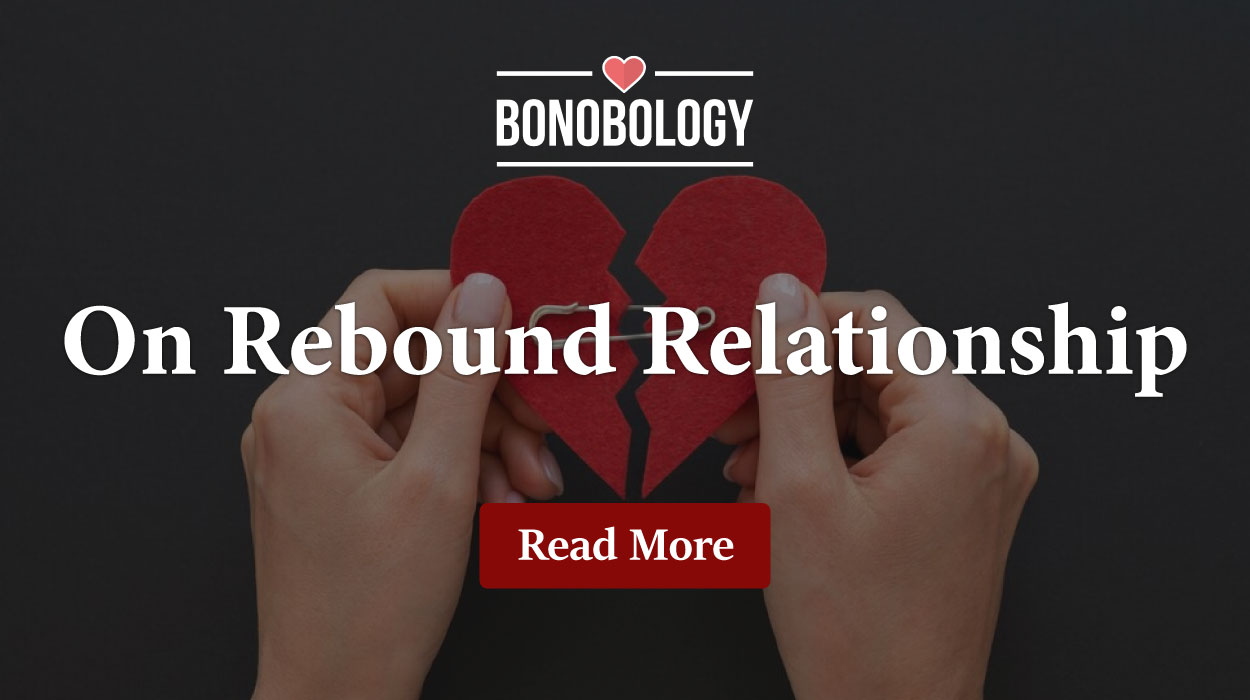
This may make your new partner feel objectified and devalued as they realize that their value in your eye is as much as they can be presentable to your friends. You might be healing but you would be hurting someone in the process.
4. Comparison
To others, you may seem moody but some of your extreme reactions may be rooted in your breakup. If your new partner does something mildly irritating and you react violently because that is something your ex used to do. This is undeniably very unfair to your new partner.
During a rebound relationship, you haven’t yet gotten over your ex. So there is a relentless comparison going on in your mind of your new partner with your ex. While some things irritate you, there are also some things that make you nostalgic. These are the things that you want to remember, these are the things that make you regret the breakup and you know you will never have these things with any other partner ever again as it is always going to be different with newer relationships.
This nostalgia is what makes you stick to a rebound because you have simply not moved on and are still lingering where they left you. You haven’t got your closure. But you still can’t help but compare your newer connections to your ex: as your ex has become some kind of standard for what you like or dislike in a person with whom you want to be in a romantic relationship. Your rebound partner may feel lost because they are fighting against and mostly losing to your idea of your ex.
Related Reading: Are You A Standby Lover? 15 Signs You Are A Backup Boyfriend
The rebound relationship stages for dumper can progress somewhat differently. After the excitement over their freedom and meeting someone new fades, rather than falling into the comparison trap, they may become emotionally withdrawn from their rebound partner. There is little interest in building something strong and enduring in such connections, and that begins to become apparent at this point.
5. Disillusionment
There comes a point in a rebound relationship where you realize it’s a sham. For no fault of your new partner, you don’t feel attracted toward them anymore. This is because you realize a lot of things. First of all, you have finally come to terms with the fact that you are not over your breakup yet nor over your ex. This is the first healthy step toward healing.
Now you can give up on the illusion of being okay and face reality. Now you can stop pretending to be enthusiastic about running flings or your rebound relationship. Secondly, it is imperative that you understand what you are doing to your partner in the rebound relationship. For no fault of theirs, they are being used in a relationship that is doomed to end soon.
This becomes evident to the rebound partner too. “Your new partner gets to see another version of you. The person gets no commitment out of the rebound and may begin to realize the hollowness of this connection,” says Jaseena.
You need to tell them that and make a clean break of it. Thirdly, now it is time to ultimately move on. Take some time for yourself, talk to someone if it helps, pamper yourself: progress towards healing. The illusion of ‘things are alright’ has been making you hollow within but this complete disillusionment will actually help you to rise again. When you realize that you have reached rock bottom then the only way you can go is up.
Related Reading: 5 Steps To Ensure Closure After A Breakup – Are You Following These?
How Long Do Rebound Relationships Last?
It is difficult to definitely say how long a rebound relationship will last because the rebound relationship timeline depends directly on the parties involved. You go through all these stages at your own pace and reach the common disillusionment. A rebound relationship is generally short-lived because unless you have healed from your past relationship, the likelihood of you giving your 100% to this new relationship is quite slim. It is also quite unfair on the new partner.
If you are in a rebound just because you have to show off or make a point, there is a strong chance you will not just hurt yourself but also the new partner. A rebound relationship can last from one month to a year depending on how much time you need to reach your realization. If you are in complete denial, a rebound relationship may last longer than expected.
Statistics say that men are more likely to rebound than women because men find it tough to recover from break-ups. And as we know, women often know how to vent out their emotions and share their feelings making it easier to move on, but men are dead-stuck because men do not share their emotions easily.
If you are a woman and suspect yourself to be in a rebound with a man, you should be able to spot the signs soon. And before you get your heart broken, break off the relationship. Be kind to yourself and your rebound partner: don’t drag your dead relationship like a torn coat behind you. Life is short, too short to be spent in pretense.
FAQs
A rebound relationship can last from one month to a year depending on how much time you need to reach your realization. If you are in complete denial a rebound relationship may last longer than expected. It’s hard to specify a rebound relationship timeline.
When a rebound relationship ends there are fewer tears and mental agony because you never developed that kind of emotional attachment. Mostly a rebound relationship ends when the physical attraction fizzles out.
You can but it’s rare. People get into a rebound when they are nursing a broken heart so they are still into their ex. But sometimes a person in a rebound relationship is so loving, caring and giving that love can happen, followed by long-term commitment and marriage.
This does happen. In a rebound, a person might learn to value their ex, realize the good things about them and might want to get back together. A rebound can be an eye-opener.
It feels like love because a person feels appreciated and worth it again. After a breakup, a person wants to feel attractive and in a rebound, they feel that. Since a rebound happens very quickly after a breakup, a person has no time to process their emotion and they think they have fallen in love again.
Your contribution does not constitute a charitable donation. It will allow Bonobology to continue bringing you new and up-to-date information in our pursuit of helping anyone in the world to learn how to do anything.



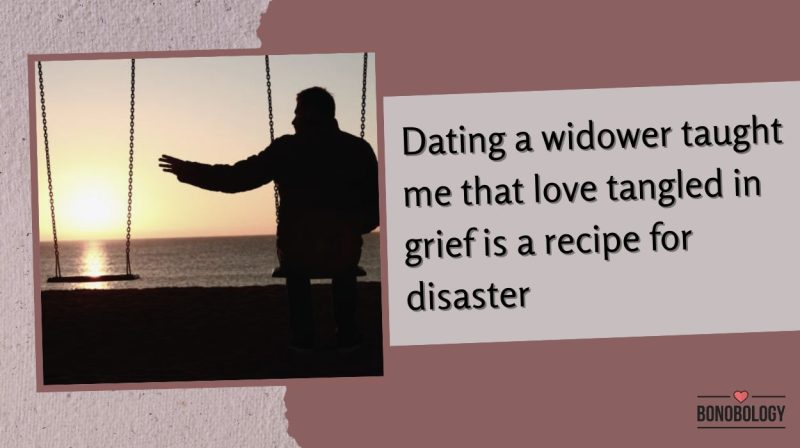
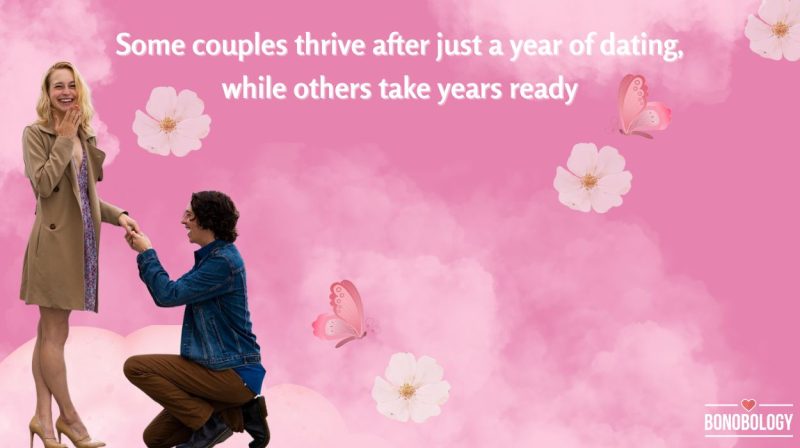
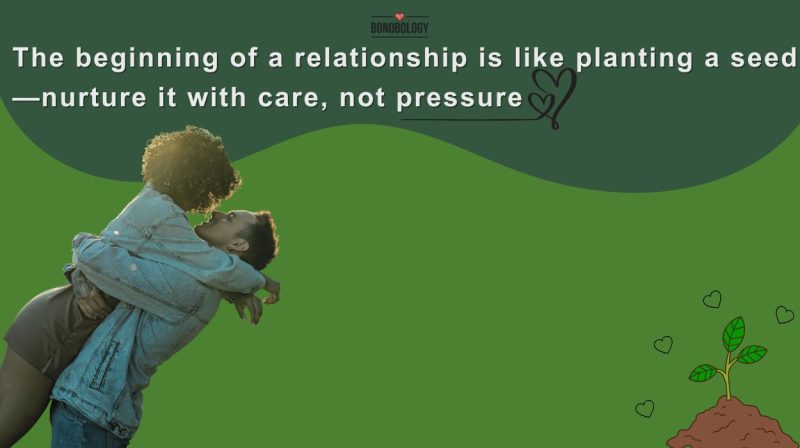
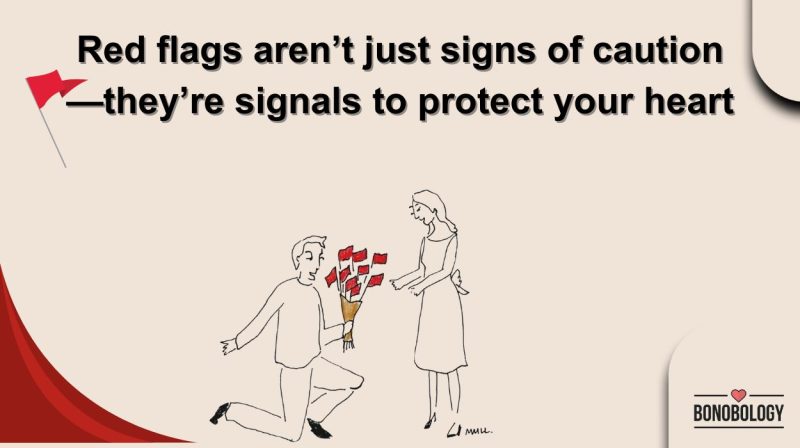

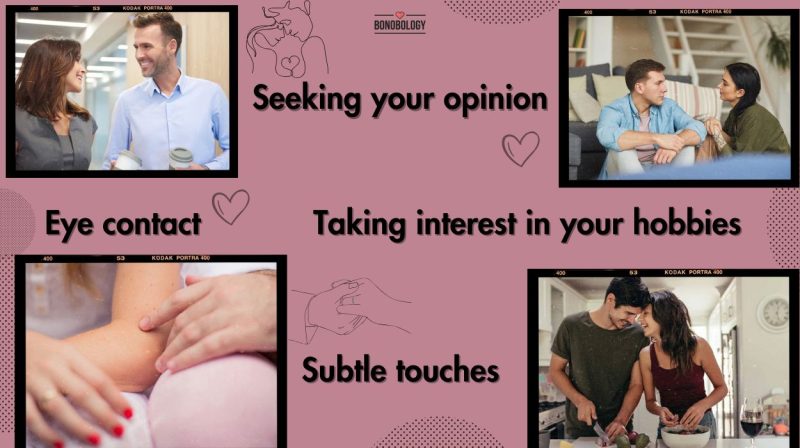
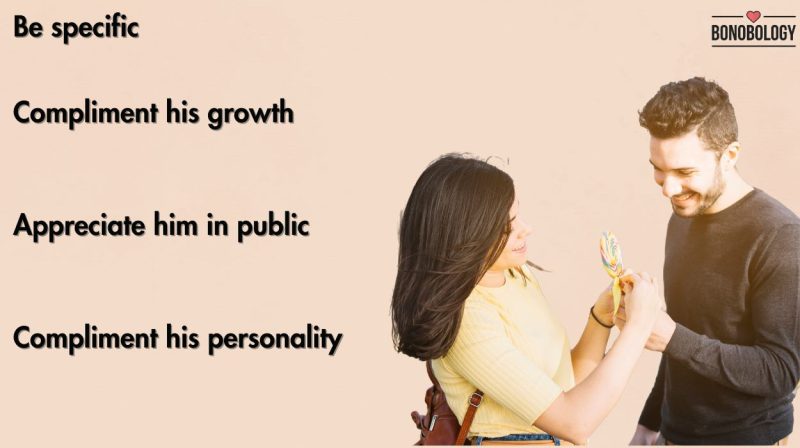
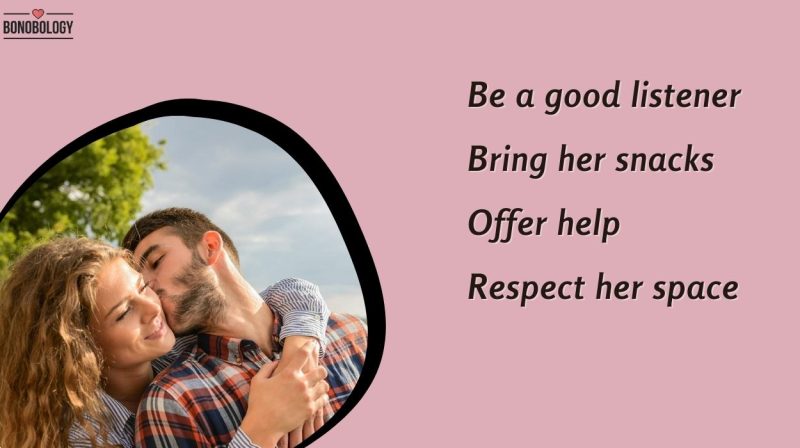
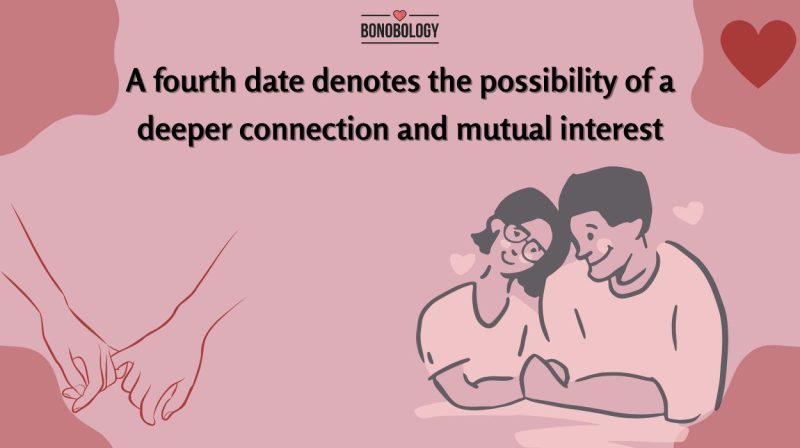
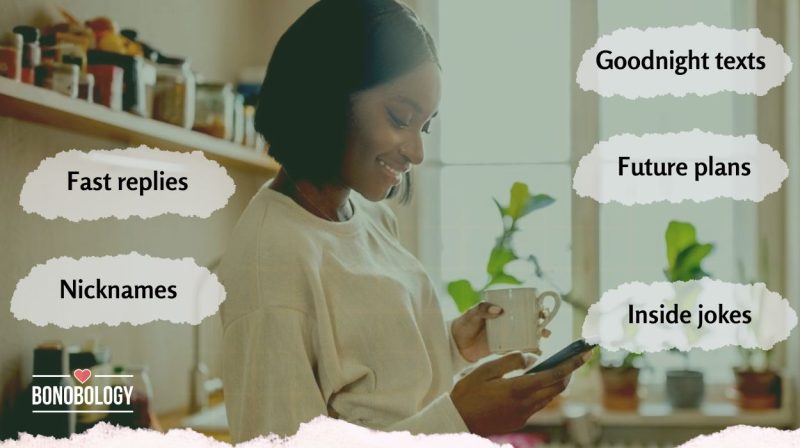
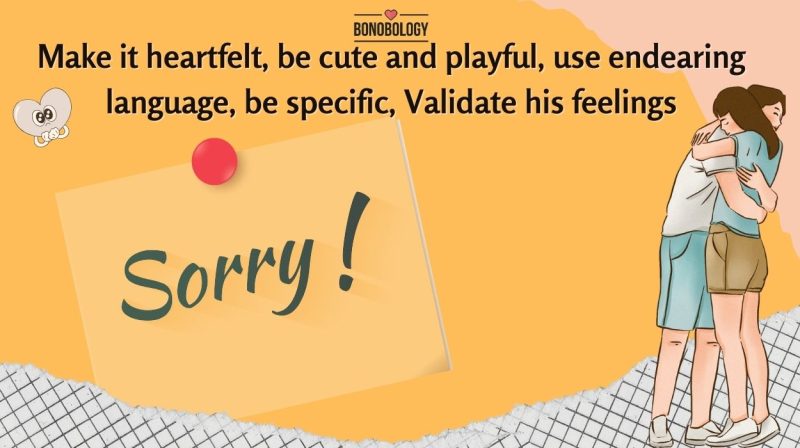
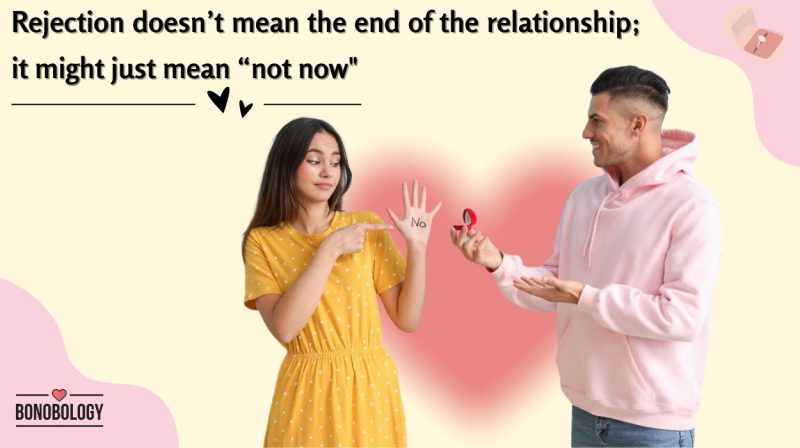

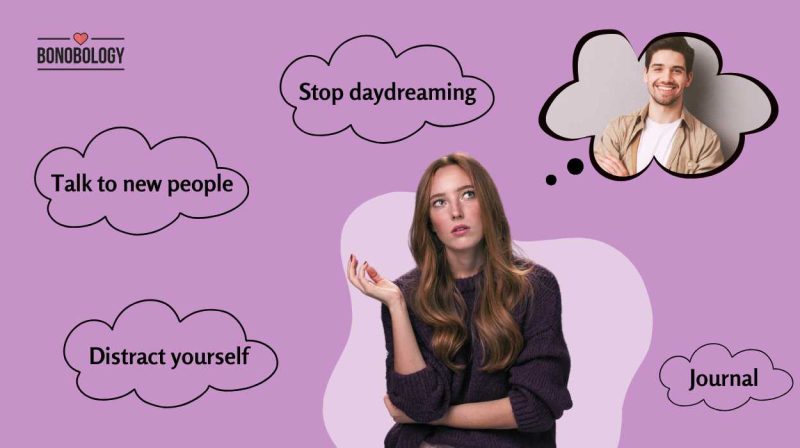

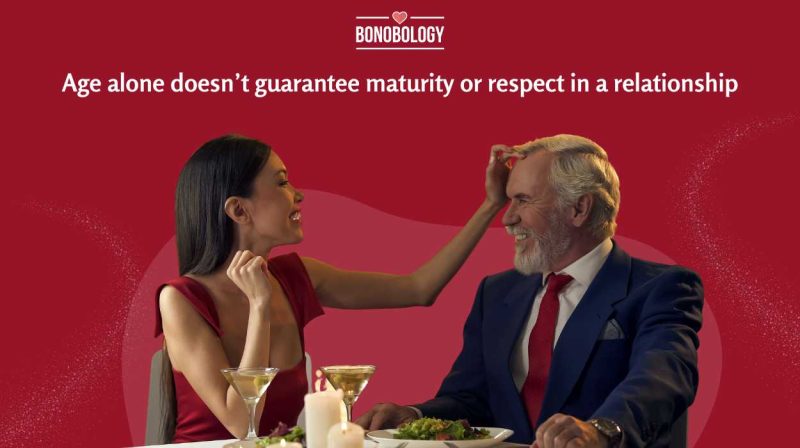

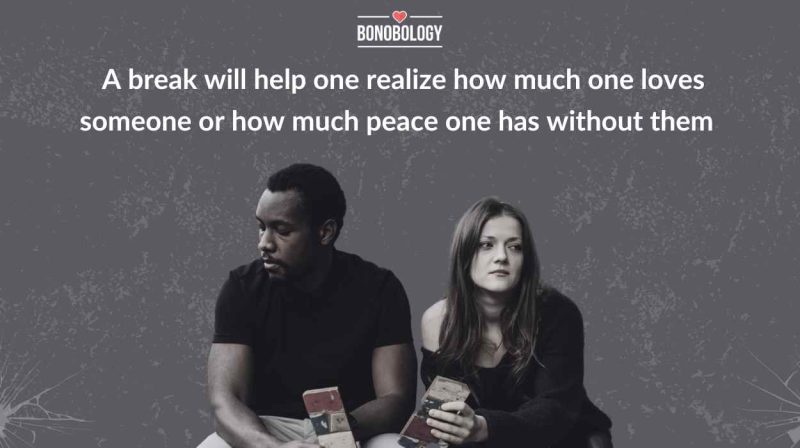


Hi, yes this post is actually good and I have learned lot of things from it regarding blogging. thanks.|
Hey! We are glad we could be of help.
Thank you for this clarification. I somewhat already knew this, I just didn’t know how to word it. I feel better after reading this. My mind feels clear & the ball in my chest feels smaller.
We are glad you feel better now.